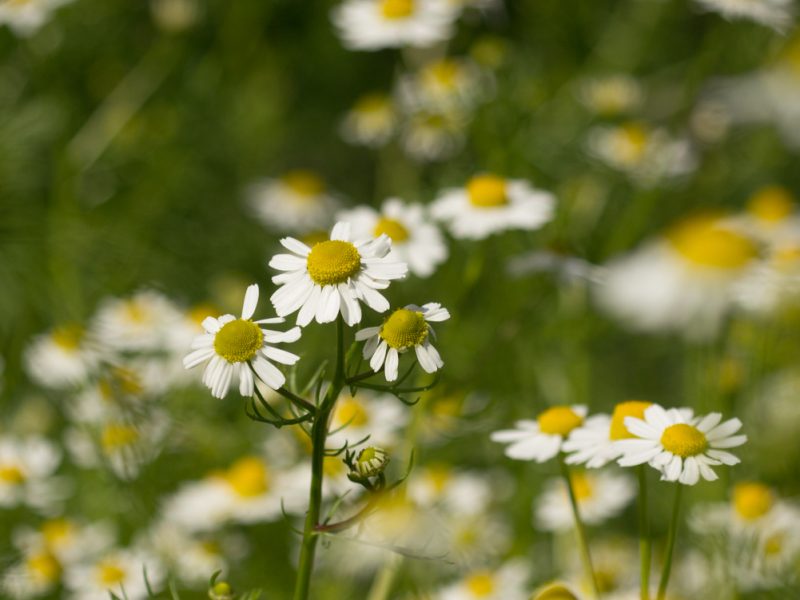Lavender is high in levels of naturally occurring essential oils that have a profound effect upon the central nervous system. Lavender essential oil contains linalool which demonstrates sedative and anti-spasmodic effects upon the central nervous system and also the enteric (digestive) nervous system. It is this component that has made lavender such a renowned relaxant.
Lavender is what is known as a nootropic. Nootropics enhance emotional and mental well-being whilst also promoting cerebral circulation. Traditionally, they are used to protect the brain and improve cognitive functioning alongside mood – and lavender is famous for doing just that.
The essential oil is high in antioxidants that can provide protection against free radical damage within the nervous system but also the digestive system. The antioxidant properties of the plant have demonstrated protective actions within the brain, particularly in chronic degenerative conditions such as Alzheimer’s and dementia.
When applied externally, it displays anti-bacterial and anti-inflammatory properties that are effective against wounds, bruising and burns.
Apply (as infused oil, essential oil, strong infusion or tincture) to eczema, acne, varicose ulcers, nappy rash, minor infections, tinea, styes, burns, sunburn, cuts, wounds, sores, ulcers, insect bites & stings, head lice, bruises, sprains, tension headaches, gout & arthritic pain, shingles. Add to baths for muscle tension & spasm or after childbirth; rubb on chest & inhaled for chest infections, coughs, colds & catarrh; tea or dilute tincture as a gargle for sore throats, tonsillitis & hoarseness, mouthwash for mouth ulcers & inflamed or infected gums, douche for leucorrhoea. Also delicious as a fresh tea in the summer – especially with fresh chamomile and fresh mint. Just one or two flower-heads is enough. To make your own essential oil you will need 1Kg of the dried flowers to make 10ml of pure essential oil.


















Reviews
There are no reviews yet.